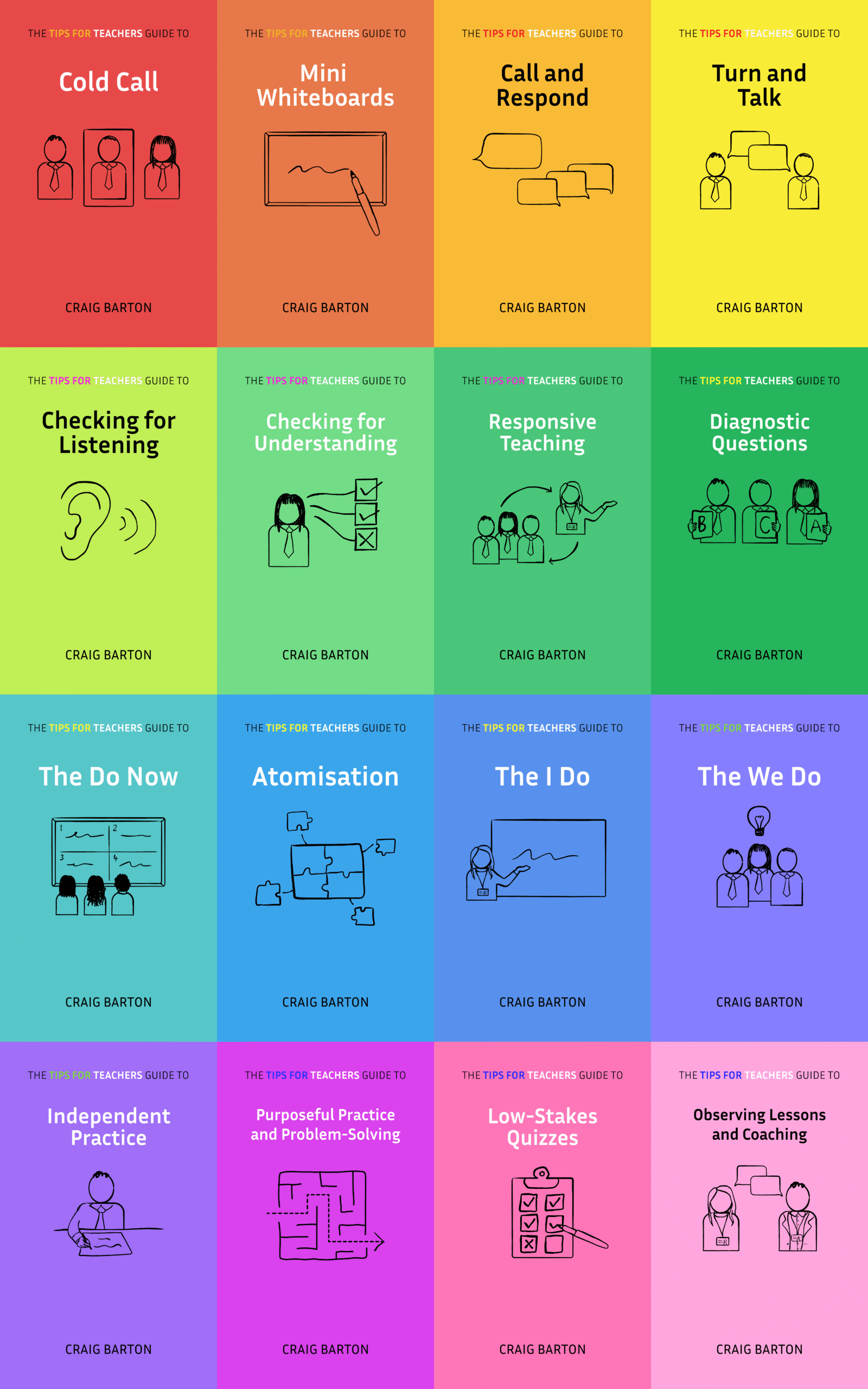
- Title: The Moderating Role of Interest in the Relationship between Perceived Task Difficulty and Invested Mental Effort
- Authors: Katrin Schuessler, Vanessa Fischer, Maik Walpuski, Detlev Leutner
- Access the original paper here
- Listen to a deep-dive podcast:
Paper summary
This research paper investigates the moderating role of interest in the relationship between perceived task difficulty and invested mental effort. Specifically, the authors study how students’ interest in a topic affects the amount of mental effort they invest in solving easy versus difficult tasks. The paper draws on cognitive load theory, flow theory, and expectancy-value-cost theory to develop a model that explains this relationship. The authors use data from a large-scale chemistry test administered to 1543 lower secondary school students to test their hypotheses. The findings indicate that students invest more mental effort in solving uninteresting easy tasks compared to interesting easy tasks. This suggests that when tasks are perceived as easy, interest can compensate for the emotional costs associated with boredom and lack of challenge. The authors conclude that their findings have implications for both the theoretical understanding of cognitive load and for the design of instructional materials that promote student engagement.
What are the key implications for teachers in the classroom?
- Teachers should try to increase student interest, especially when students are working on easy tasks. When students are interested in a task, they are less likely to experience boredom and will need to invest less mental effort to stay focused.
- Teachers should be aware that the relationship between motivation and cognitive load is bidirectional. While cognitive load can impact student motivation, low motivation can also be a source of cognitive load. For instance, when students are working on easy tasks they find uninteresting, they may need to invest additional mental effort to stay on task.
- Teachers may want to differentiate effort allocation by cause: effort by complexity, effort by need frustration, and effort by allocation. The sources define effort by complexity as the mental effort associated with completing a challenging task. Effort by need frustration refers to the effort needed to overcome negative emotions such as boredom. Effort by allocation describes the amount of effort a student chooses to invest in a task.
- Teachers may want to consider both objective task difficulty and perceived task difficulty when designing lessons. Objective task difficulty is determined by the inherent complexity of the task, while perceived task difficulty is how challenging students find a task. Although the two are closely related, they may not always align.
- Teachers should note that the study used to gather the data for the sources had some limitations.
- The study analyzed data at the task level, not the student level, so further research is needed to understand the individual psychological processes involved.
- The study focused on chemistry tasks, so additional studies are needed to confirm the findings in other domains.
- Future research should include measures of emotional costs, motivational self-regulation, and the differentiation between stable individual interest and situational interest.
- More data are needed regarding challenging tasks and the experience of flow, which occurs when students’ skills are balanced with the challenge of a task.
- **The sources do not provide information about whether the additional mental effort required for uninteresting easy tasks should be considered extraneous cognitive load or germane cognitive load. ** Extraneous cognitive load refers to mental effort that does not contribute to learning. Germane cognitive load refers to mental effort that does contribute to learning.
- It’s important to note that this information is derived from a study on a chemistry test taken by students in their final year of German lower secondary school. Teachers may want to consider how these findings might apply in other contexts.
Overall, the sources suggest that teachers should be mindful of the interplay between cognitive load and motivational factors, such as interest, when designing instruction. By understanding how these elements can influence student learning, teachers can create learning experiences that are both engaging and effective.
Quote
The present study contributes to research seeking to integrate motivation into cognitive load theory. Specifically, we investigated whether there is an interaction between perceived task difficulty and interest that affects invested mental effort….The results showed that the mental effort invested in uninteresting easy tasks was greater than for interesting easy tasks








